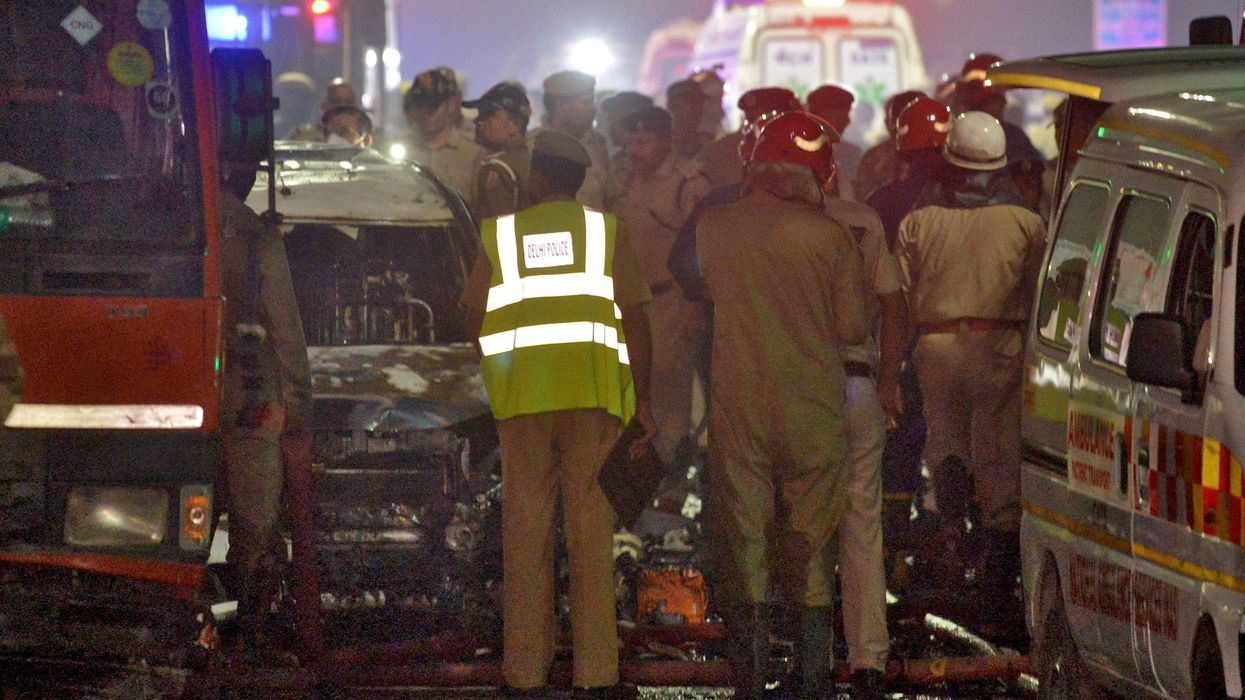TRIBUTES pour in for a surgeon who died of Covid while helping others fight the virus, with friends describing him as a "tower of strength".
Dr Irfan Halim lost a nine-week battle with the virus, which he contracted only two months after he joined the Covid intensive care unit at Swindon Hospital.
It is believed he contracted Covid at his place of work and collapsed during a shift on 10 September. After being in the intensive care in Swindon he was moved to Royal Brompton hospital.
His death happened shortly after that of his father, who also died of Covid, his friends and family informed.
Siân Hughes-Pollitt, a family friend who met Halim through a school fencing club, told the Evening Standard that his death has left "an enormous gap in many places and spaces".
“Irfan had a kind word for everybody,” she said. “It is so difficult to accept that a man who took every medical and clinical precaution against Covid died of the disease.”
She added: “When I picture him now, I see him standing beside his wife and family – a tower of strength. He is the husband, the dad, the best friend. I see him living through his wife and children.”
Hughes-Pollitt said she had spoken to Halim’s wife Saila, who said her husband "went out to work and he never came home. It was the longest shift."
A GoFundMe page has been set up for Halim, already raising more than £80,000. The money will be used to help support Saila and their four children.
His wife wrote: “Irfan went to work on Friday 10 September at Swindon hospital. He had spent the past two years saving Covid patients and Friday 10 September was just another day saving lives. He was on a ward round wearing his scrubs and collapsed at his workplace having caught this disease from work.
“Irfan stayed in Swindon until the 23 September in ICU and was then transferred to the Royal Brompton to receive treatment on ECMO. He fought hard to be with his children every day. With a broken heart shattered in pieces beyond imagination I muster what little strength I have to write this message.”
'Gifted, rich or poor'
His heartbroken younger sibling Dr Amir Halim, who is also a medic, paid tribute to his brother.
"We have struggled, saying it's been the worst two months of my life is an understatement. Cases are going up every day. This virus doesn’t care if you are gifted, rich or poor. It will continue to affect lives unless we take necessary actions which include getting vax and boosters and limiting unnecessary contacts. Eventually it will affect someone you love in a very bad way," Amir was quoted as saying.
He added: "He will always be big brother to me, he was a loyal and loving son. A father, son and uncle. The sheer volume of things he achieved, looking after his wife and four kids, multiple degrees. He touched a lot of lives, knew he was gifted and had the abilities to help a lot of people in many ways and never asked for anything in return. I will make sure his two sons and two daughters grow up knowing what an amazing person their father was."












